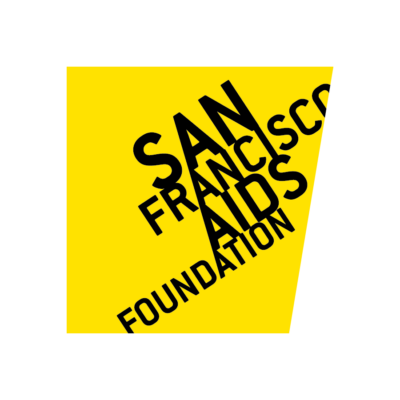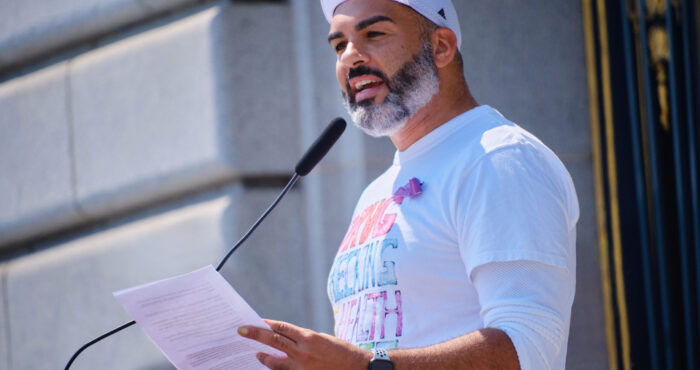SFAF response to the 2019 State of the Union Address
State of the Union: Ending HIV transmission by 2030 possible
Administration’s record casts doubt
SAN FRANCISCO, February 5, 2019—During tonight’s State of the Union address, President Donald Trump announced his Administration’s 10-year strategy to reduce HIV transmission by 2030. While San Francisco AIDS Foundation applauds this vision, the Administration’s record casts doubt on the seriousness of the president’s pledges.
“President Trump’s wish to end new HIV infections is inconsistent with the policies and practices of his Administration,” said Joe Hollendoner, San Francisco AIDS Foundation CEO. “The repeated attempts to dismantle the Affordable Care Act, attacks on human rights, promotion of abstinence-based education, and opposition to safe injection services has impeded our country’s progress to end HIV infections and AIDS-related deaths.”
In two years, the Trump Administration has dismantled various protections for LGBTQ communities including rolling back policies that protect LGBTQ workers and patients from discrimination, attempting to dismantle the Affordable Care Act, and barring trans people from military service. Raids by U.S. Immigration and Customs Enforcement at public health centers continue to stoke fear of harassment for immigrants and legal permanent residents alike. These actions erode trust in public health institutions and undermine efforts to provide preventive health care to our communities.
“Ending HIV by 2030 is conceivable if we have a plan grounded in science and guided by the communities which are most impacted by HIV,” Hollendoner said. “But ending HIV will require more than increased funding for HIV services like testing and treatment. It will require comprehensive policies that address the root causes of HIV health inequities like poverty and institutional racism.”
San Francisco AIDS Foundation works to eliminate new HIV transmissions and extend the longevity of people living with HIV through a network of direct programs and supportive services. Each year, more than 25,000 people look to San Francisco AIDS Foundation for access to sexual health, substance & behavioral health, engagement & retention, and social support services.
“The science exists to end HIV transmission but we need to assemble the political will,” said Dr. Chris Hall, vice president for medical affairs at San Francisco AIDS Foundation. “PrEP and treatment-as-prevention both have proved to be remarkably effective interventions for preventing new infections. But, until the Administration takes real steps to improve access to sexual health services and comprehensive health care for people living with or at risk for HIV, especially in the southern United States and for people of color throughout the U.S., we will not see the end of HIV/AIDS.”
“We don’t yet know what the Administration has planned in terms of specific strategies, but we are ready—as we have always been—to work together to build sound strategies, identify critical areas for funding, and remove policy barriers to prevention,” said Ernest Hopkins, director of legislative affairs at San Francisco AIDS Foundation. “To build sound strategy and fund critical initiatives, our nationwide strategy must also include plans for global HIV reduction initiatives, and we hope to learn more about the president’s intentions with PEPFAR.”
###










